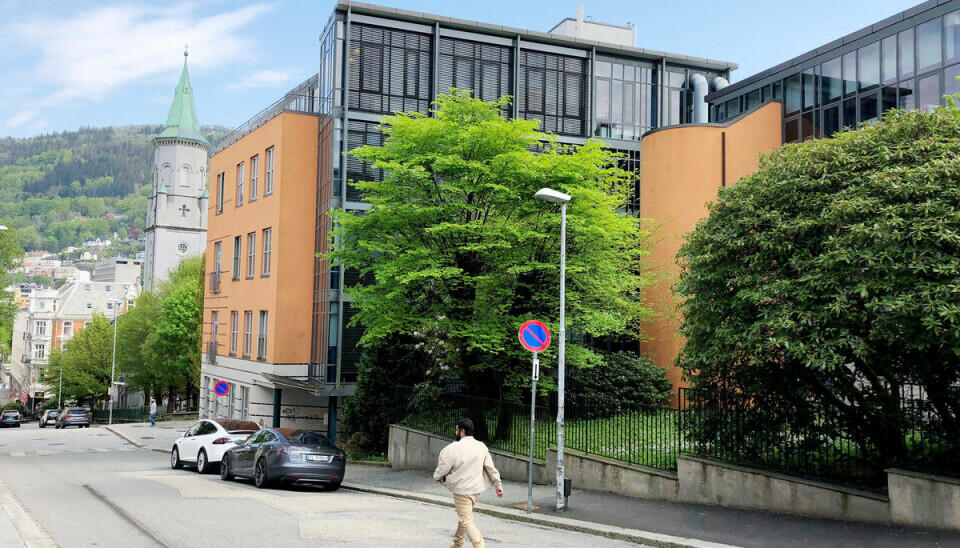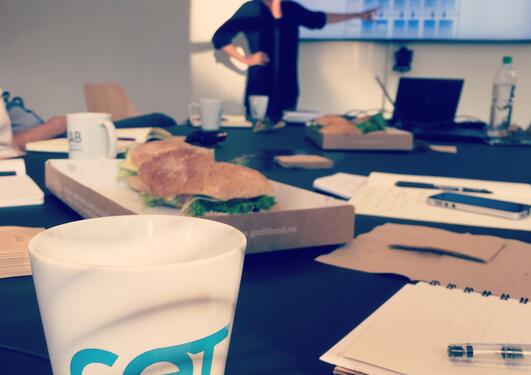CET Lunch:Contested wilderness - The importance of narratives in shaping responses to change in Svalbard’s tourism regulations
Welcome to our hybrid CET Lunch seminar with Ragnhild Freng Dale, Senior Researcher, Western Norway Research Institute.

Main content
Our speaker will attend in person. Participants can sign up and tune in via stream, or turn up at CET where lunch will be served on a first-come, first-served basis.
Longyearbyen community on Svalbard has nearly transitioned from an economy based on coal mining to a more diversified economy with tourism, research and higher education as key contributing factors. These changes are driven by the Norwegian national Svalbard policy, with environmental protection and a stable Norwegian population in Longyearbyen as overall goals. Locally, they are communicated and adopted as strategies for becoming a sustainable tourist destination and a low carbon community. Narratives of Svalbard’s future range from playground to wilderness, from sustainable tourism and zero emission society to policy ambitions for strict nature conservation of the Arctic wilderness. Precisely what Svalbard’s wilderness is, and how to best maintain and protect it, remains a contested issue that is tightly connected to narratives of the Archipelago's present and future. This talk will discuss the responses to recent changes to the environmental protection act and field safety regulations in Svalbard, and how contestations over how to balance wilderness and tourism are shaped by different perceptions of what the future of Svalbard should be. Based on interviews with local tourism actors and authorities, and analysis of key policy documents, we seek to identify the dominant narratives shaping responses to policy and environmental changes.
About the speaker
Ragnhild Freng Dale is a social anthropologist and senior researcher at the Western Norway Research Institute (Vestlandsforsking). Her research focuses on the social dimensions of climate transitions, energy imaginaries and the impacts of energy infrastructure on local communities, primarily in the Arctic. Several of her projects have been in collaboration with the performing arts field.

